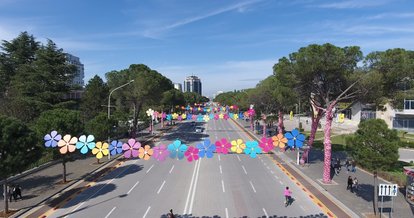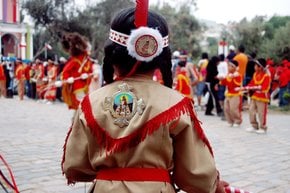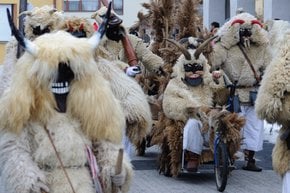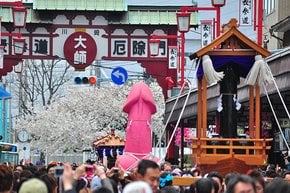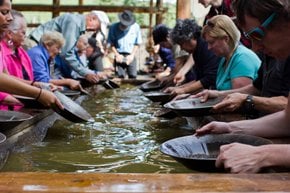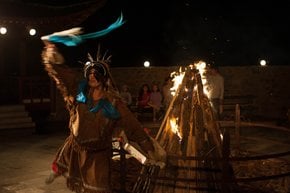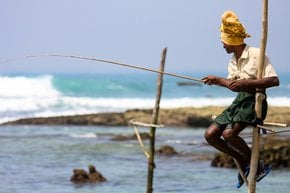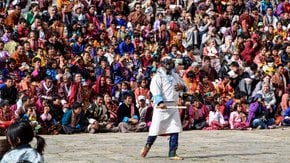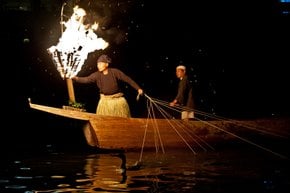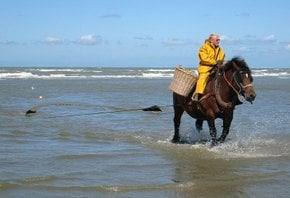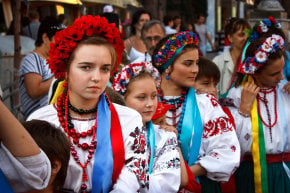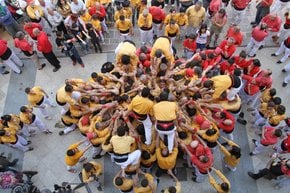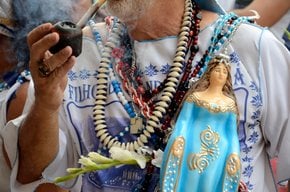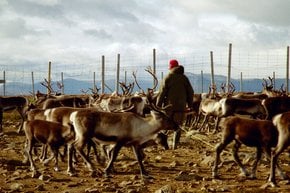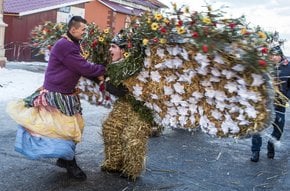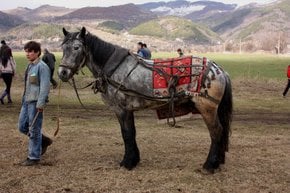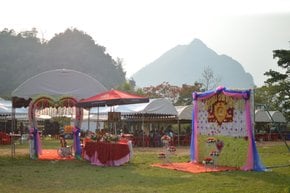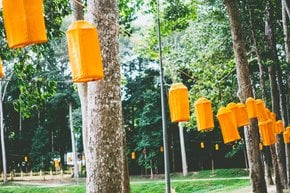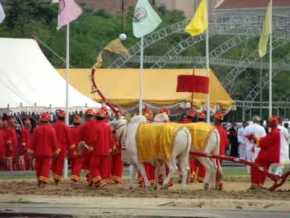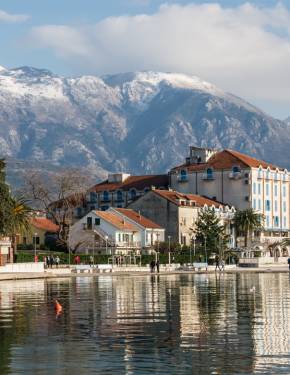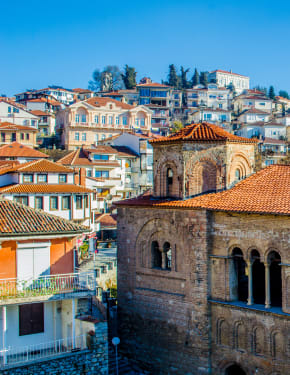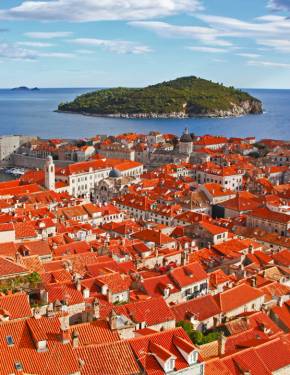Summer Day (Dita e Verës) 2026 in Albania
A colorful pagan celebration of Albania
Dates: March 14
Summer Day (Dita e Verës) is a pagan holiday stemming from the Shkumbin region (Elbasan). The town is famous for the temple of Mountain Muse or Zana Malit, known as the goddess of hunting, forest, and nature. According to a legend, the goddess wouldn't come out of her temple until the beginning of summer, which was March 14. Similarly, today's celebration is dedicated to the rebirth of nature and its awakening from winter sleep.
Best Places to Witness
Originally, the festival was celebrated exclusively in the Shkumbin region, but today, Elbasan has become the central hub for experiencing its vibrant traditions. The streets leading into Elbasan are typically lined with vendors selling ballokume, the signature festive treat, and the city comes alive with a grand street festival featuring colorful costumes, concerts, games, and performances around its center.
Festivities, however, are not limited to Elbasan. Across the country, various cities host their own Summer Day celebrations, each with unique regional touches. Tirana, for example, organizes a large-scale celebration that culminates in an evening concert. Meanwhile, holiday traditions can also be observed in places like Tropojë, Skrapar, Berat, and other locations, showcasing the diverse ways this cherished holiday is honored throughout Albania.
Main Traditions
In many cities, bonfires are lit on the night of March 13 as a symbolic act to banish winter and welcome the strengthening sun. Traditionally, children would sometimes leap over the flames, adding a playful and spirited touch to the celebration. On the morning of March 14, many families visit relatives and bring food and drink to share before heading out for a picnic.
On Summer Day in Albania, locals celebrate by enjoying traditional ballokume cookies and offering guests national dishes, often prepared with a unique twist. Children are typically given nuts and dried figs as part of the festivities.
A key tradition involves wearing a verore bracelet, which is made of two thin braided strings, red and white, symbolizing the summer season. After the celebration, the bracelet is typically hung on a tree branch, believed to bring good luck. It is also thought that birds may use these bracelets when building their nests, adding a natural connection to the holiday’s themes of renewal and prosperity.
History & Meaning
The Summer Day festival, known as Dita e Verës, is one of Albania's oldest traditional celebrations, deeply rooted in the country's cultural heritage. Historically, March 1 marked the first day of the New Year in many Eastern European countries, including Albania. However, with the adoption of the Gregorian calendar, an additional 13 days were added, shifting Albania's celebration to March 14. Since 2004, Summer Day has been recognized as a national public holiday.
The origins of Dita e Verës are linked to the ancient temple of the Mountain Muse (Zana e Malit), located near Shkumbin in the modern-day city of Elbasan. The Mountain Muse, revered as the goddess of hunting, forests, and nature, was said to emerge from her temple only on March 14, heralding the arrival of summer. This legend, passed down through generations, has shaped the festival into a vibrant celebration of nature and renewal, making Elbasan the heart of this cherished Albanian tradition.

